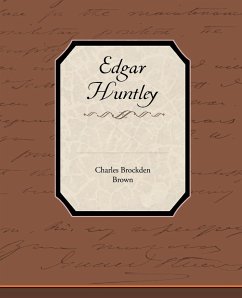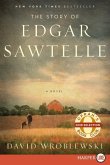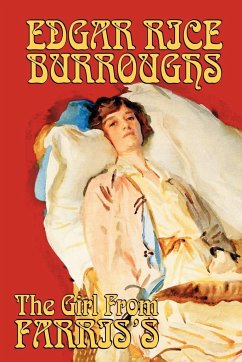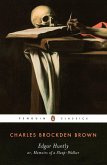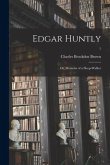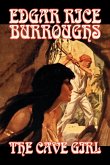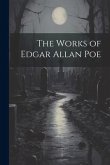Edgar Huntly; or, Memoirs of a Sleep-Walker by Charles Brockden Brown. Edgar Huntly, Or, Memoirs of a Sleepwalker is a 1799 novel by the American author Charles Brockden Brown. Edgar Huntly, a young man who lives with his uncle and sisters (his only remaining family) on a farm outside Philadelphia, is determined to learn who murdered his friend Waldegrave. Walking near the elm tree under which Waldegrave was killed late one night, Huntly sees Clithero, a servant from a neighboring farm, half-dressed, digging in the ground and weeping loudly. Huntly concludes that Clithero may be the murderer. He also concludes that Clithero is sleepwalking. Huntly decides to follow Clithero when he sleep walks. Clithero leads Huntly through rough countryside, but all this following doesn't lead to Huntly learning much about the murder. Eventually, Huntly confronts Clithero when they are both awake and demands that he confess. Clithero does confess, but not to Waldegrave's murder. Instead he tells a complicated story about his life in Ireland, where he believes he was responsible for the death of a woman who was his patron, after which he fled to Pennsylvania. Clithero claims to know nothing about Waldegrave's murder.
Hinweis: Dieser Artikel kann nur an eine deutsche Lieferadresse ausgeliefert werden.
Hinweis: Dieser Artikel kann nur an eine deutsche Lieferadresse ausgeliefert werden.

